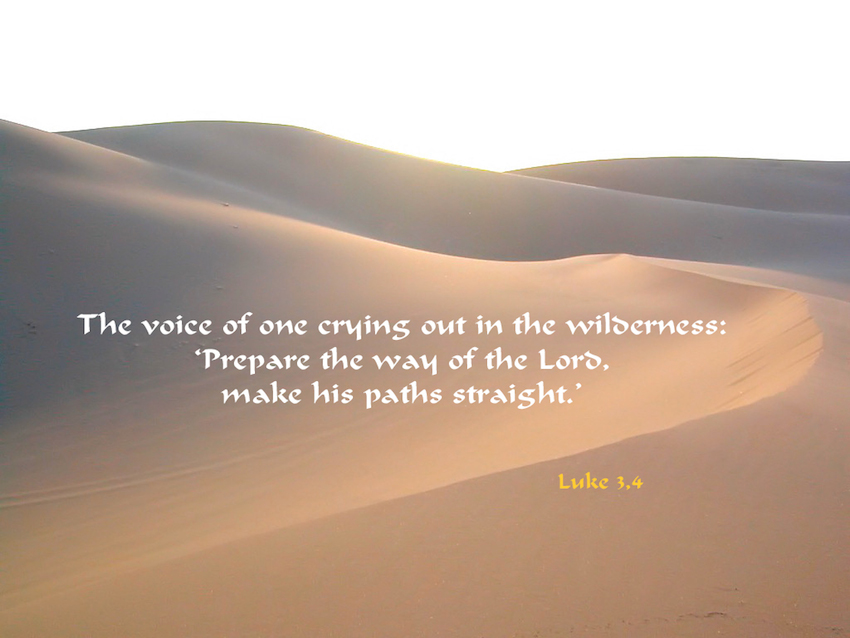The Counterfeit Heralds

In yesterday’s post, I spoke about the New Exodus, giving a little bit of background as to the expectations of the Jewish people and a brief summary of how this was fulfilled in John the Baptist and Jesus. In today’s post I would just like to identify briefly some other people who tried to assume these roles…

1. The Dead Sea Scroll Community
The people behind “The Dead Sea Scrolls”, thought by most to be a community of Essenes, saw themselves as fulfilling prophesy. For example, consider the following extract from the rule of their community:
…[having] become a community…they are to be segregated from within the dwelling of the men of sin to walk in the desert in order to open there His path. As it is written: “In the desert, prepare the way of YHWH, straighten in the steppe a roadway for our God”
Here we see the Dead Sea Scroll community associate themselves with the same prophesy of Isaiah which is used in Matthew’s Gospel to identify John the Baptist.
2. Theudas
Yesterday we saw the significance of the Jordan in the New Exodus. In his writings, the Jewish historian Josephus tells about a man in the First Century who clearly understood this:
…a certain impostor named Theudas persuaded the majority of the masses to take up their possessions and follow him to the Jordan River. He stated that he was a prophet and that at his command the river would be parted and would provide them an easy passage. With this talk he deceived many.
Fadus [the procurator of Judaea], however, did not permit them to reap the fruit of their folly, but sent against them a squadron of cavalry. These fell upon them unexpectedly, slew many of them and took many prisoners. Theudas himself was captured, whereupon they cut off his head and brought it to Jerusalem.
– Josephus, Antiquities 20:97-99
Theudas wasn’t the only false herald to suffer an unfortunate fate…
3. The Egyptian
In the previous post we briefly recounted the conquest of the Holy Land by the Children of Israel. Josephus tells us of another First Century character, simply known as “The Egyptian”, who was expecting victory over the Romans from Israel in a similar manner:
At this time there came to Jerusalem from Egypt a man who declared that he was a prophet and advised the masses of the common people to go out with him to the mountain called the Mount of Olives, which lies opposite the city at a distance of five furlongs. For he asserted that he wished to demonstrate from there that at his command Jerusalem’s walls would fall down, through which he promised to provide them an entrance into the city.
When Felix heard of this he ordered his soldiers to take up their arms. Setting out from Jerusalem with a large force of cavalry and infantry, he fell upon the Egyptian and his followers, slaying four hundred of them and taking two hundred prisoners. The Egyptian himself escaped from the battle and disappeared.
– Josephus, Antiquities 20:169-72
Hopefully this background lends some more context to the drama we find in the Gospels, particularly when we are introduced to St. John the Baptist, why the people were so interested in the Baptist and also why he also attracted the attention of the authorities.

